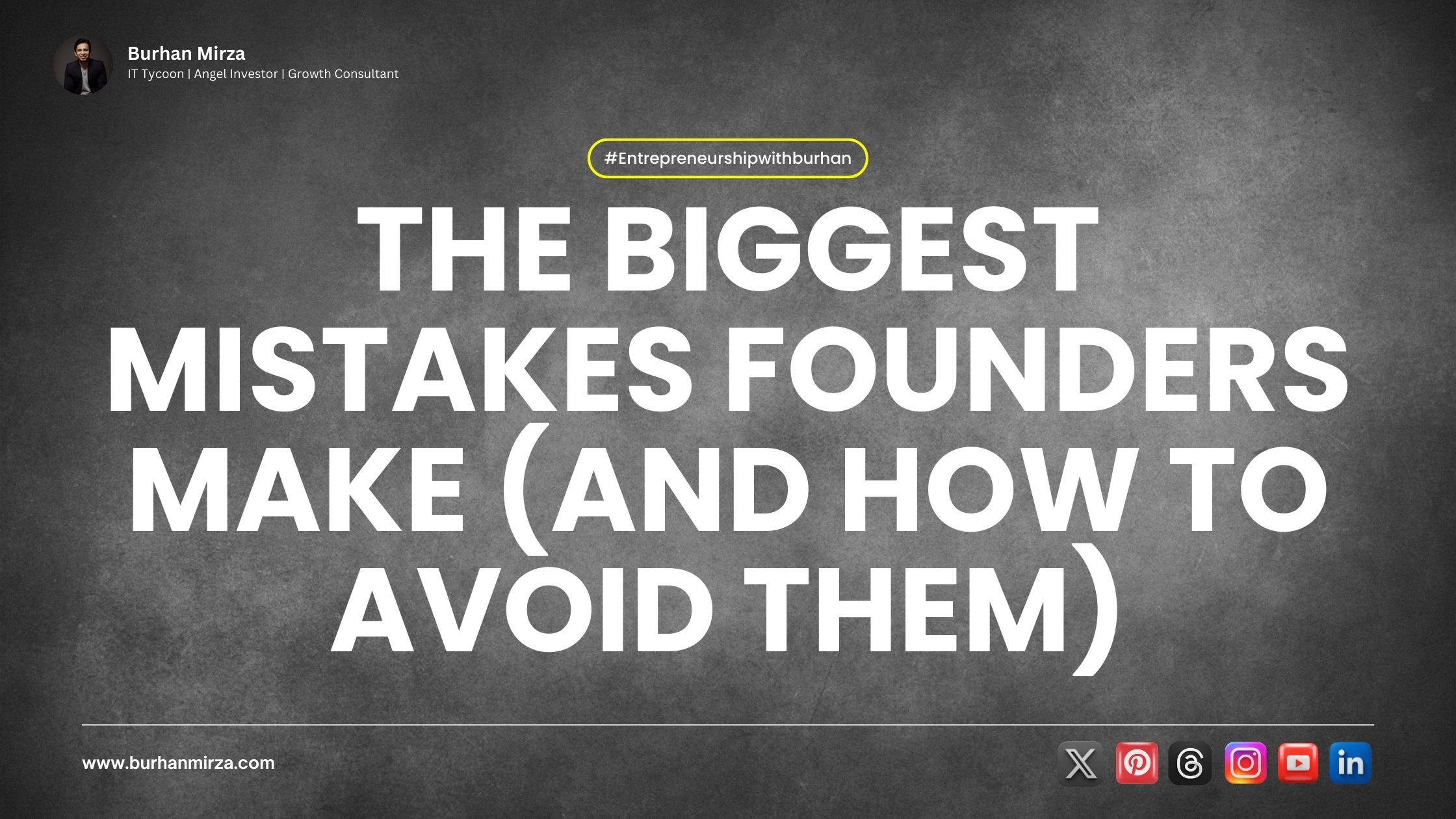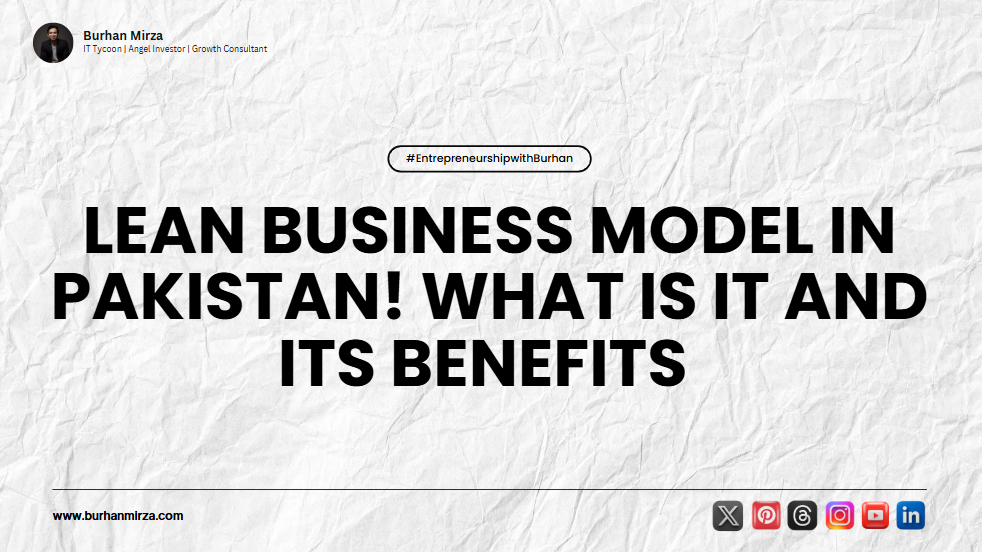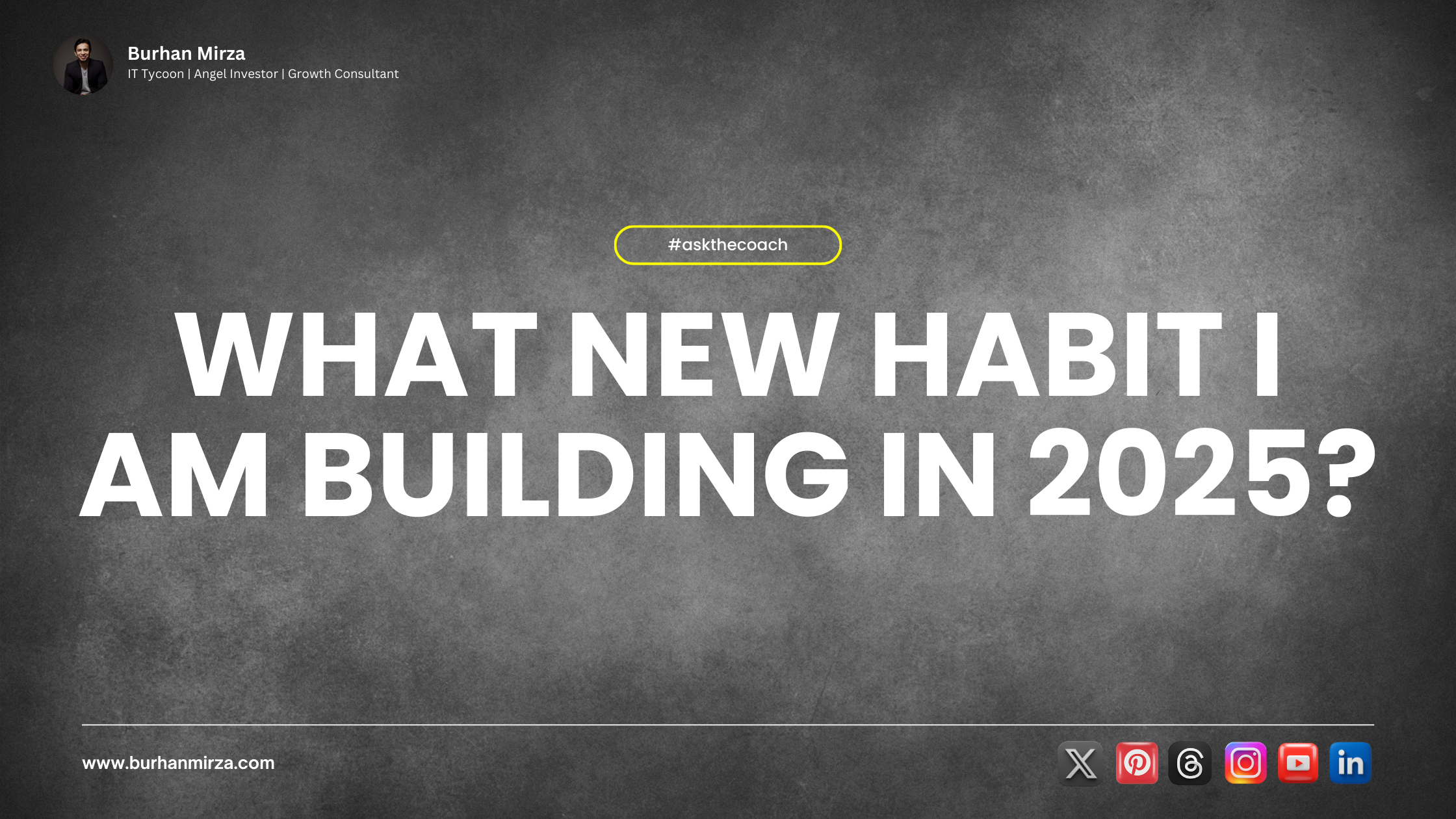 Blogs
Blogs
The Biggest Mistakes Founders Make (And How to Avoid Them)

After working with dozens of startups and mentoring young founders over the years, I’ve come to one conclusion: most startups don’t fail because of competition or lack of funding. They fail because of repeated, avoidable mistakes made by the founders themselves.
These mistakes aren’t always loud or dramatic. Sometimes, they look like small decisions that pile up over time. Other times, they stem from ego, inexperience, or just plain lack of strategic thinking.
Confused? Let me break down some of the biggest founder mistakes I see again and again with tips on how you can avoid them.
Mistake #1: Falling in Love With the Idea, Not the Problem
Too many founders are obsessed with their product or idea instead of the problem they’re trying to solve. I’ve seen people raise money for an app that had zero market need just because they “believed in it.”
What to do instead: Obsess over the problem. Talk to real users. Validate demand. If people are willing to pay you before your product is perfect, you’re on the right track. If not, you might be building a passion project, not a business.
Mistake #2: Hiring Friends Instead of Talent
The “let’s do this together” founder-friendship often backfires. Startups are brutal. You need operators, not yes-men. You need problem-solvers, not drinking buddies.
What to do instead: Hire slow. Fire fast. Work with people who complement your weaknesses. Set clear expectations and roles from day one, no matter how close you are personally.
Mistake #3: No Clear Focus
Some founders try to do too much too soon. They try juggling app development, launching a marketplace, starting a podcast, and growing 5 social channels all at once. What’s the usual end result? Nothing works well.
What to do instead: Pick one core offering. One niche. One target customer. Win in a small space before expanding. Scale comes from focus.
Mistake #4: Misunderstanding Cash Flow
Many startups die with customers on the table because they simply ran out of cash. A good month doesn’t mean you can afford a fancy new office or a team of 20. Growth can be a cash trap if you’re not careful.
What to do instead: Know your numbers cold. Keep burn low. Forecast your runway. Invest in a strong finance person early. Don’t grow faster than your cash flow can handle.
Mistake #5: Ignoring Feedback or Chasing Every Opinion
Some founders live in a vacuum and ignore all criticism. Others swing the opposite way, changing their product every time a user complains. Both are dangerous.
What to do instead: Develop structured feedback loops. Prioritize data over opinions. Learn to separate noise from insight. And always ask: “Is this aligned with our long-term vision?”
Mistake #6: Not Taking Care of Themselves
Burnout is real. I’ve seen brilliant founders crash, not because their startup failed, but because they did. Mental, emotional, and physical health are your biggest long-term assets.
What to do instead: Build routines. Delegate. Sleep. Eat well. Protect your energy. Your startup needs a high-performing you, not a burnt-out zombie on caffeine and anxiety.
Mistake #7: Confusing Branding with Business
Fancy logos, merch or viral posts don’t matter if your product doesn’t deliver. I’ve seen startups spend months perfecting a brand kit, but not enough time perfecting their product.
What to do instead: Prioritize product-market fit. Get customers. Deliver value. Then polish your brand. Branding without a business is just decoration.
Mistake #8: Not Building Systems
Founders often try to do everything themselves. No delegation, no SOPs, no automation. The result? Chaos, inconsistency, and exhaustion.
What to do instead: Document everything. Build processes. Use tools. Train people. A startup becomes a business when it can run without you in the center.
Final Thoughts
Being a founder isn’t about being the smartest person in the room. It’s about learning fast, adapting faster, and having the humility to spot mistakes early.
Every mistake I listed here was either made by myself or something I've seen up close. The good news? They’re all fixable.
The better news? If you learn from the mistakes of others, you’ll move 10x faster than the average founder.
 Muhammad Burhan Mirza
Muhammad Burhan Mirza My Story
My Story Events
Events Social Highlights
Social Highlights Books
Books Blog
Blog Press Kit
Press Kit  Contributions
Contributions 

